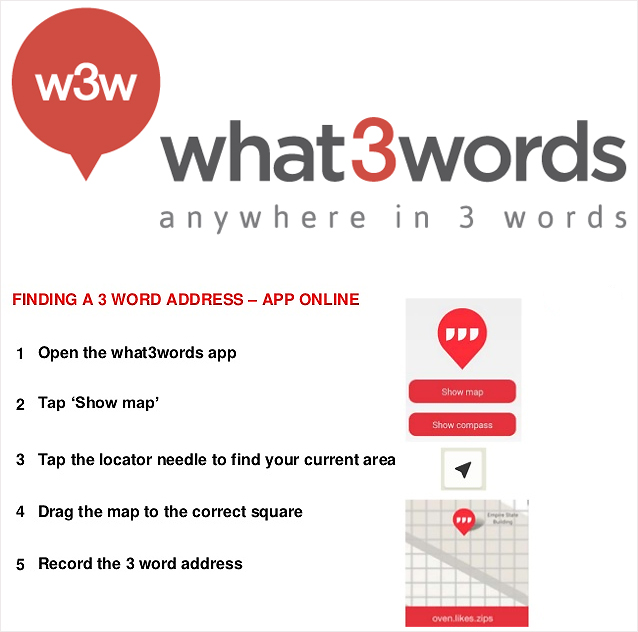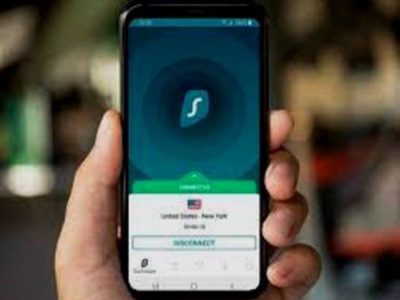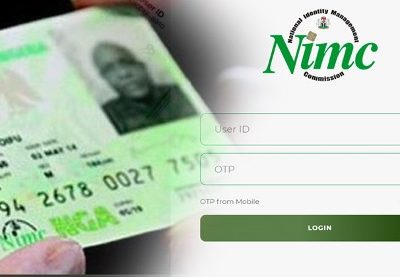By Oluwatobi Opusunju
Nigeria’s postal service (NIPOST) has adopted the what3words global addressing system to make the country the seventh in the world to adopt the innovative system used for mail deliveries. Nigeria’s adoption raises usage of what3words as a global addressing system with Africa’s largest economy of over 184 million people aiming to expand services to more than 70% of the population in 24 months.

Nigeria’s NIPOST to expand mail services by 70% with what3words
The what3words is already being used for mail deliveries in Mongolia, Saint Maarten, Côte d’Ivoire, Djibouti, Tonga and Solomon Islands. With adoption of what3words, Nigeria hopes to address its poor addressing system which for now, delivers home mail to only 20 percent of her population.
NIPOST record shows that 79% of homes and businesses cannot receive deliveries to the door, and less than one percent receives mail using one of the 478,000 postal boxes throughout the country. While a postcode system exists, only 5% of mail gets properly addressed with the postcode to make postal delivery a nightmare in Africa’s most populous country.
By 2020 NIPOST targets a 90 percent home delivery for mails through the Mail for Every House Initiative (MEHI). The public postal agency says its adoption of what3words makes its goals achievable.
How what3words works
The innovative global addressing system has divided the world into 57 trillion 3m x 3m squares, each with a unique 3 word address. It means that every home and business in Nigeria has a simple and accurate address that is easy to remember and to use. For example ///bracelets.hesitations.mutes refers to the exact 3m x 3m square at the entrance to the main post office in Nigeria’s capital, Abuja.
Available in 14 languages, with many more currently in development, what3words is used in over 170 countries by governments, postal services, logistics companies, emergency services and NGOs, as well as individuals. It is more accurate than traditional street addresses, simpler than landmark-based directions, and easier to remember and communicate than GPS coordinates.
The corporate website of what3words states: “what3words provides a precise and incredibly simple way to talk about location. We have divided the world into a grid of 3m x 3m squares and assigned each one a unique 3 word address.
“Better addressing enhances customer experience, delivers business efficiency, drives growth and supports the social and economic development of countries. With what3words, everyone and everywhere now has an address.
History of what3words
To quote Wikipedia, “Founded by Chris Sheldrick, Jack Waley-Cohen, Mohan Ganesalingam, and Michael Dent, what3words launched in July 2013. The company was incorporated on March 5, 2013 and a patent application for the core technology filed on April 19, 2013. It has steadily grown acceptance across the globe.
The system has built-in error detection and is available through a free mobile app and API integration. The system even works offline, without a data connection.
“We are very pleased to be collaborating with what3words as an addressing solution with huge potential to unlock opportunities. Better addressing is a key to NIPOST’s agenda, which aims to transform, innovate, and deliver more services to more people all over the country,” said Nigeria’s Postmaster General, Barrister Bisi Adegbuyi.
The what3words adoption is also expected to expand Nigeria’s rapidly growing ecommerce sub-sector currently valued at $12 billion. With home mail delivery expected to become more feasible for over 70% of the population on the what3words platform, Nigerian e-commerce should take an explosive turn.
“With a rapidly growing ecommerce ecosystem, Nigeria is a very exciting country to be working with. Postal services have a critical role in building a strong economy and NIPOST are firmly focused on the future, and are taking steps to modernise and grow their capacity and range of services,” said CEO and Co-founder of what3words, Chris Sheldrick.































